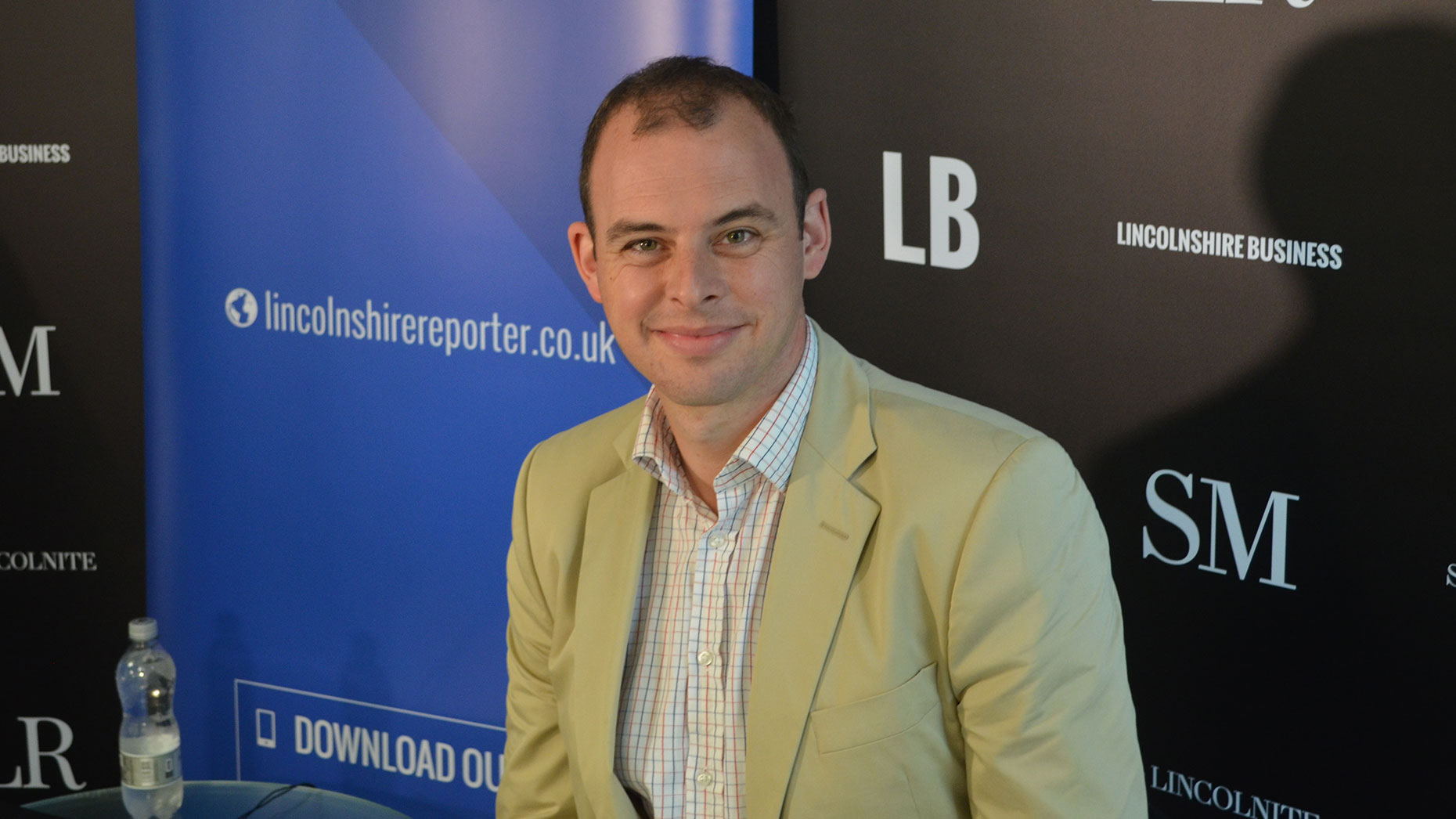Britain, it is often said, is a nation of animal lovers. That would explain why the number of emails, letters and social media posts I’ve received about bees, the trade in ivory and the use of CCTV in slaughterhouses is much larger than many would expect. And it’s also why it was so hugely gratifying to hear the RSPCA – politically impartial – hail the “incredible two weeks” for animal welfare that the government has just delivered.
First off, Environment Secretary Michael Gove has delivered on a pledge to introduce video monitoring in slaughterhouses. This was already regarded as good practice in the industry, but of course it’s those abattoirs that show scant regard for best practice that most need to install it.
Those businesses with nothing to hide have, of course, nothing to fear, but those where animals are ill-treated will now no longer be able to hide behind the excuse that there simply isn’t sufficient evidence.
It’s an obvious and significant piece of progress that will have the greatest impact on the worst offenders.
Second, the ban on the trade in ivory (with some very small exceptions for the trade in certain antiques) will mean that there is no longer the driving force, from this country at least, for an extraordinary and barbaric practice that is increasingly being driven by growing markets in the Far East.
The poaching and butchering of elephants for their tusks may not be the first issue on voters minds at any one moment, but I’ve not met a single constituent who thinks it is something that Britain should have any part in perpetuating.
Similarly, and equally welcomed by the RSPCA, is the ban on so-called ‘microbeads’ in soaps and facescrubs, that while they may feel nice on the skin end up clogging up the oceans and causing huge environmental damage.
We will look back on their use as extraordinary, in the same way we look back on the idea of zero recycling as bizarre.
And in among the Brexiting and the NHS reform and the increased funding for schools, it is a Conservative government that is getting on with this, as well as trialling a deposit scheme for plastic bottles.
There is, of course, plenty of work to do on other animal welfare issues, and (un)surprisingly it is thanks to the EU that the UK cannot unilaterally ban the export of live animals.
Although none go through our own Port of Boston, it remains a scandal that, quite unnecessarily animals suffer over the course of travelling huge distances.
In some parts of Europe, it remains the case that transporters simply leave the carcasses of those that don’t make it by the side of the road.
Stopping this practice is yet another example of a potential improvement Britain can make when it comes to designing our own free trade laws.
The job of a Member of Parliament is to represent the views of their constituents not just on the front-page issues, but on everything: sensible approaches to animal welfare that benefit farmers, consumers and the animals themselves is crucial.
And it has indeed, as the RSPCA says, been a pretty incredible two weeks.






